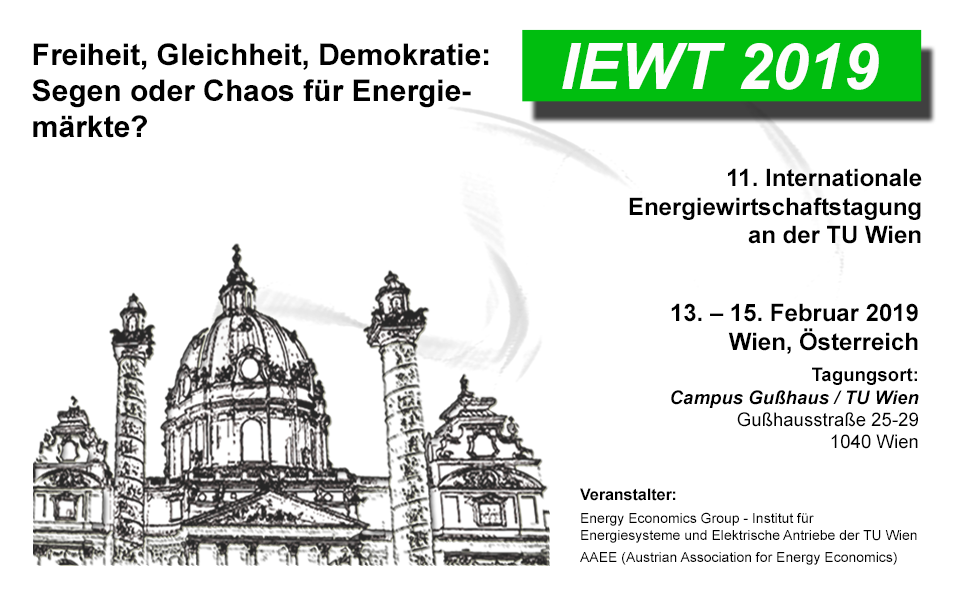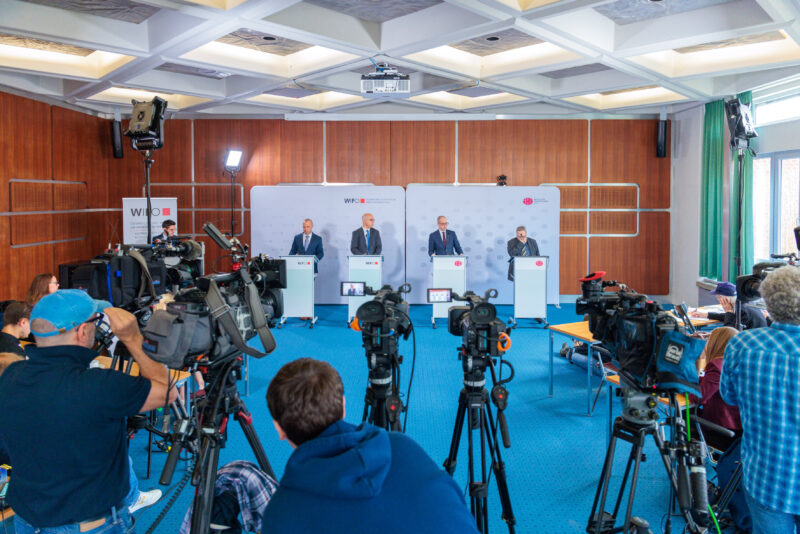
WIFO at 11th "Internationale Energiewirtschaftstagung" at TU Vienna
Claudia Kettner-Marx presented an analysis of the effects of fuel taxes on the energy consumption of passenger cars in the EU. In the EU, tax rates for fuels still vary considerably between energy sources and member states; a CO2 tax component currently exists only in about one third of the member countries. The analysis confirms the potential of price-based instruments to reduce energy consumption. It shows that in particular an increase in diesel tax rates can help reduce energy demand per vehicle. A better alignment of energy taxes with the fuels' CO2 content could thus contribute to reducing greenhouse gas emissions in the transport sector.
Daniela Kletzan-Slamanig's presentation dealt with the integration of climate policy into other policy areas, mainly energy policy. On the one hand, the EU level was considered, for which the development in the last decade was presented on the basis of an analysis of the energy policy documents, and existing synergies and conflicts were identified. For Austria, on the other hand, the status quo of climate policy integration was determined through interviews at the federal and provincial level (Styria). While the climate policy targets are not in dispute at the strategic level, there is still potential for increased integration in political decision-making. So far, "conventional" short-term policy targets are given priority over long-term decarbonisation targets, and there is a greater need for evidence-based, transparent discussion of targets and conflicting objectives.
Please contact
























